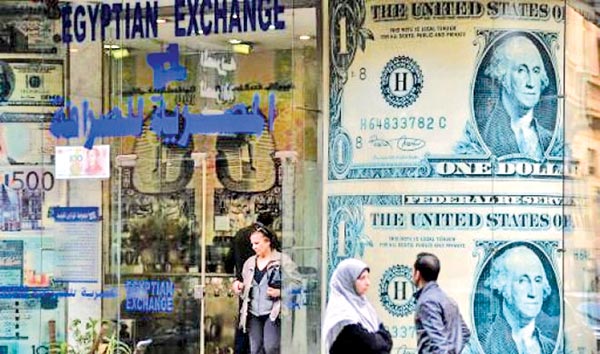
Though no one was outwardly surprised by Egypt’s shift last week to a flexible exchange-rate regime – ~16.75/USD this morning from an 8.88 peg, the central bank had maintained since March (following a 13% devaluation, at the time the largest slide since 2003) – the EGX30 has nevertheless added nearly 15% since Thursday as punters priced in a CBE paradigm shift that effectively unwound tightened monetary effects that dollar pegging wrought since the end of the Fed’s QE roughly two years ago. (Though pound appreciation against a basket of currencies began up to a year earlier).
For a country whose BoP is defacto dependent on private remittances and external (GCC and IMF) largesse (the former, namely Saudi Arabia, has hitherto buttressed FDI, while the latter is now expected to extend a roughly $12bn loan given both the devaluation and a corresponding 47% rise in fuel prices) “free currency†is seen by pundits as a welcome first step to help the import-dependent nation become more dynamic against a backdrop of ever-dithering trade and tourism (two primary pillars of hard currency).
Since 2010, Egypt’s FX reserves have roughly halved from a peak of ~$35bn (around half a year’s worth of import cover). Interim “capital controls†such as deposit caps only supported black market premiums which importers increasingly bid to maintain production at capacity but which in turn further depressed the amount of remittances finding their way through official channels (~10% per former CBE Governor Hisham Ramez).
What’s next then for Egypt’s economy? Though devaluation and already in-place tariffs (note some tariffs are to be cancelled) certainly favor domestic over foreign goods, short term inflationary effects—especially food prices—shouldn’t be dismissed (Arqaam Capital eyes ~18-20% by year-end, a peak of ~22-24% next year vs 14.1% in September) and will likely require at least short-term  targeted subsidies (especially since certain industries—such as retail—will feel the brunt of shrinking imports (although commentators point out that ~90% of imported consumer goods were being hitherto purchased at black market rates).

